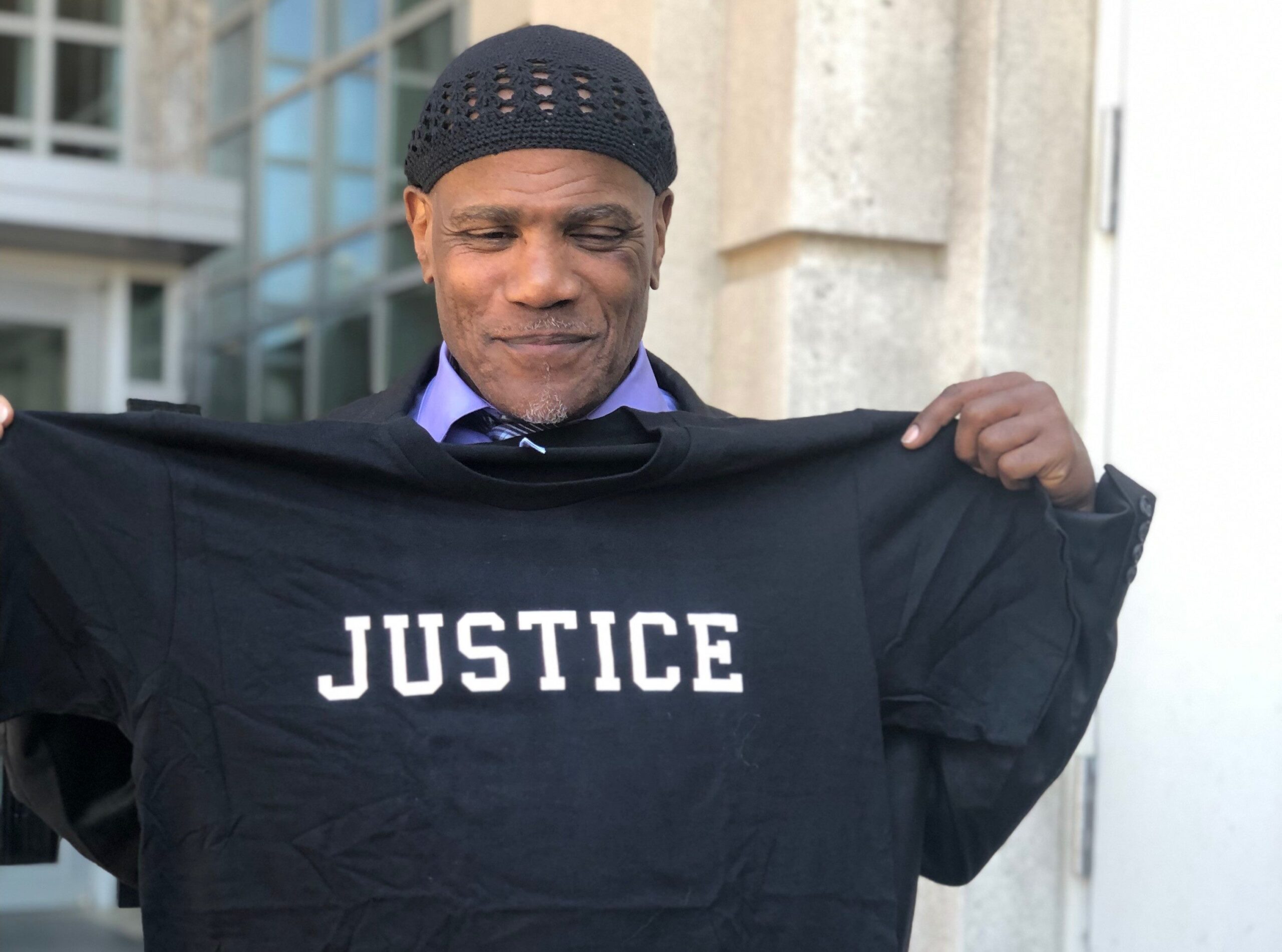This Week in Innocence-Related Media – March 17, 2019
03.22.19 By Innocence Staff
Here are some highlights from this week’s innocence-related media:
A Racial Pattern So Obvious, Even the Supreme Court Might See It
Flowers v. Mississippi reveals a rickety American legal system.
In 2010, Curtis Flowers was sentenced to death in Mississippi after being tried six separate times for the same crime. On Wednesday, Flowers’s death-penalty appeal was argued before the Supreme Court about whether the prosecutor 2010 trial deliberately used “peremptory challenges” to remove potential jurors because of race. If the U.S. Supreme Court agrees, Flowers’s conviction will be set aside. The Atlantic
A DNA Test Might Help Exonerate This Man. A Judge Won’t Allow It.
North Carolina judge denies testing in a 1992 murder case, but lawyers want shell casings examined.
Mark Rabil, a Wake Forest University law professor and director of the school’s innocence clinic, submitted a request for DNA testing on three shell casings found at a 1992 murder scene. Despite post-conviction DNA testing laws and the case being the strongest Rabil has seen in ten years, a judge denied his request because the tests wouldn’t show who shot the gun that killed the victim. The Marshall Project
Innocent people wrongly convicted of crimes beg N.J. to fix broken system
On Monday, New Jersey Assemblywoman Serena DiMaso in the Assembly Judiciary Committee discussed House Bill A1037, which would expand the state’s wrongful-conviction compensation law to include individuals who were wrongly committed for treatment or on the sex offender registry. The bill would help exonerees like Dion Harrell, who spent four years in prison and almost two decades as a registered sex offender for a rape he didn’t commit. NJ.com
Exonerated Man Who Spent 30 Years in Prison Celebrates Freedom With NYC Half
Throughout the 30 years Mark Denny was incarcerated for a crime he did not commit, he used running as a way to relieve the stress of being in prison. Now, he sees it as a way to move forward in a new life. Last Sunday, Denny successfully completed the NYC Half Marathon. Runner’s World
Supreme Court to examine whether unanimous juries are required for criminal convictions
On Monday, the Supreme Court accepted a Louisiana case that questions whether the Constitution requires unanimous jury verdicts for serious criminal convictions. Louisiana and Oregon do not require unanimity for major crimes, and attorneys representing defendants convicted in those states have urged the Supreme Court for years to revisit the question. The Washington Post
A Black Man Spent 7 Years in Prison. Then a Court Changed the Rules on Racial Bias.
In 2011, Otis Boone was convicted of robbery and sentenced to 25 years in prison, despite any physical evidence and Boone maintaining his innocence. Boone brought his appeal to New York’s highest court, where judges ruled that the jury should’ve been informed that it is often difficult for witnesses to identify strangers of a different race because mistaken identifications are a major factor in wrongful convictions. Boone was then granted a retrial, and the Court of Appeals made it mandatory going forward for judges to explain what psychologists call the “cross-race effect” to jurors whenever a case involves a cross-racial identification. Boone was acquitted on March 1 after spending seven of the last eight years in prison. The New York Times
New Orleans’ Albert Woodfox tells the story of his long road to freedom through 40 years at Angola
Albert Woodfox, one of the Angola 3, spent 40 years in solitary confinement in Louisiana’s Angola Prison. Woodfox tells his story in his new book “Solitary: My Journey of Transformation and Hope” written with Leslie George. The Advocate
After 30-plus years behind bars for a murder he didn’t commit, exonerated man fights to end wrongful convictions
Dewey Bozella was wrongly convicted in 1983 and exonerated in 2009. Now, Bozella is advocating for the passage of a New York law that would require that all evidence against a criminal defendant—called “discovery”—be turned over to the defendant’s legal team shortly after their arrest. Pix11
He Spent 36 Years Behind Bars. A Fingerprint Database Cleared Him in Hours.
Yesterday, Commissioner Kinasiyumki Kimble of the 19th Judicial District Court of East Baton Rouge, Louisiana, vacated the wrongful conviction of Archie Williams, who was sentenced to life in prison without parole in 1983 for a rape and stabbing he did not commit. The commissioner’s ruling was based on new evidence of Williams’ innocence–a search in the FBI’s national fingerprint database which linked fingerprints left at the crime scene to the true assailant, a man who committed at least five other rapes in the years after the 1982 rape for which Williams was wrongly convicted. New York Times
Leave a Reply
Thank you for visiting us. You can learn more about how we consider cases here. Please avoid sharing any personal information in the comments below and join us in making this a hate-speech free and safe space for everyone.
June 25, 2020 at 11:50 pm

Stanton Story has been incarcerated for a crime he did not do! Cyril Wyeth stated he would testify for him stated an attorney. Stanton convicted in front.of an all white jury in 1974 when there was no evidence nor was there a death penalty on the state of Pennsylvania. He has been incarcerated for over 47 years and still stand by his innocence. Please, PLEASE HELP!